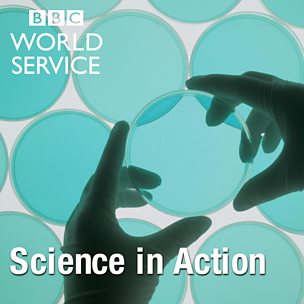Science In Action - Coronavirus spreads from mink to humans
Download Coronavirus spreads from mink to humans
All the farmed mink in Denmark are to be killed. Around 17 million. This is because they have SARS COV-2 coronavirus circulating among them and some humans have contracted a new strain from the animals. The scientific detail is sketchy, but Emma Hodcroft at Basel University pieces together a picture of what this means for tackling the virus.
Typhoon Goni and hurricane Eta are two very powerful tropical cyclones. But the way these storms are recorded differs by geographical location and recording style. We speak with Kerry Emanuel, a professor at MIT in Boston, USA.
The magnitude 7 earthquake that hit the Mediterranean last Friday (30/10/20) was 70 miles away from the city of Izmir, but despite this, there was devastating loss of life due to collapsed buildings. Earthquake engineer Eser Çaktı from the Turkish University of Boğaziçi, and Tiziana Rossetto from University College London talk us through the damage.
Migratory arctic animals are a weathervane for how the world is coping with climate change. Scientists have now pulled together monitoring data for these species’ movements into one accessible bank. Sarah Davidson tells us how this can help us understand the impact of Arctic climate change.
(Image: Getty Images)
Presenter: Roland Pease
Producer: Rory Galloway
Published on Thursday, 5th November 2020.
Available Podcasts from Science In Action
Subscribe to Science In Action
We are not the BBC, we only list available podcasts. To find out more about the programme including episodes available on BBC iPlayer, go to the Science In Action webpage.
